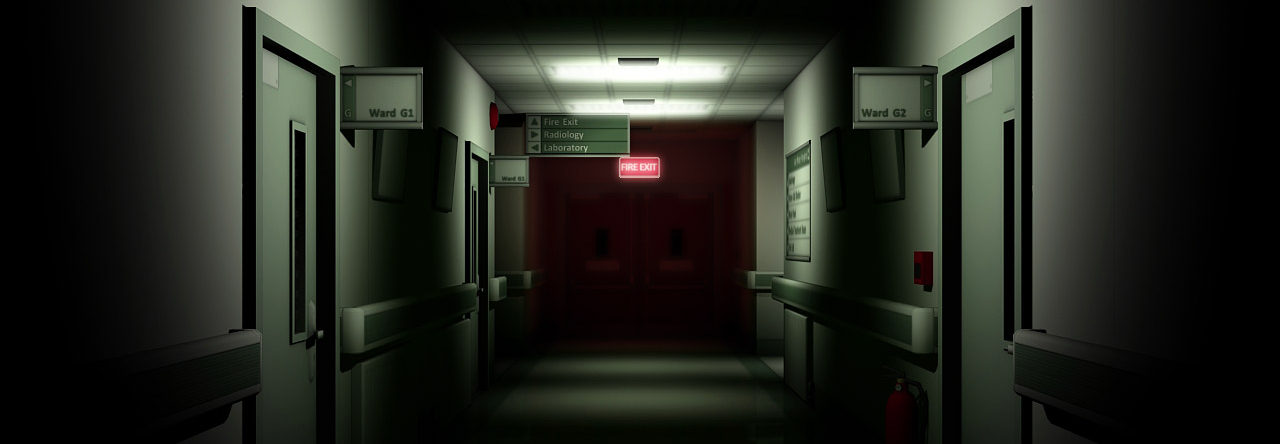
Well, you’re here today—and so am I. But what’s happened since his death? Oh boy, do I have a yarn for you.
Let’s rewind. From about a year before the suicide until January of 2024, I believed I was spiraling because of substance use. It seemed like the obvious culprit—how else could things have gone so sideways? I watched as my life and my professional licenses slowly crumbled, convinced I was the architect of my own collapse.
But life, it seems, had more nuance in store.
In November 2023, the cracks in that narrative began to show. The cognitive fog, the disorientation, the lapses in memory—they weren’t just emotional fallout or substance-related. They were neurological. And by August of 2024, the picture became clearer: I’d had not one, not two, but five strokes. Confirmed. Documented. On record.
Where, you ask? Well, let’s take a tour:
– One in the left frontal lobe (which probably didn’t help my decision-making or expressive abilities).
– One in the left parietal lobe—a stroke that came with a charming little souvenir: olfactory hallucinations. I now constantly smell cigarette smoke, despite being nowhere near a lit cigarette.
– One in the left temporal lobe.
– And, not to be outdone, two more—one each in the left and right cerebellum. Because balance and coordination were clearly overrated.
No one really knows how many transient ischemic attacks (TIAs) I had before or between these major events, but let’s just say… enough that it’s probably safer not to count.
August 2024 is where the turning point came. My primary care provider and psychiatric specialist had both begun noticing changes in my cognition—subtle, but unmistakable. An MRI was ordered. Standard procedure. But the results? Not so standard.

As I rolled out of the MRI machine, I was met by the tech, her supervisor, and an ER transport team. The tech, trying very hard not to panic me, said, “We’re seeing something… and it’s happening right now.”
To which I replied, without missing a beat: “Congratulations, Nurseferatu. It’s a stroke.”
That moment confused the detective when I first reported the death. I had flipped the switch into dark humor—a coping mechanism that runs deep for me. It’s not a sign that I don’t care or that I’m detached. Quite the opposite, actually. After years of combat experience in the Army, five years as a paramedic, twenty-two years as a nurse, and six as a nurse practitioner, dark humor became the armor I wore to keep moving. When things got darkest, humor kept the dam from breaking. It doesn’t always make sense to outsiders—but it makes survival possible.
So what does it mean to find out your brain has been quietly rebelling against you? That the self-destruction you blamed yourself for might have had more to do with blocked arteries and misfiring neurons than moral failure?
It means rewriting your story. It means grieving not just the past but the false beliefs that shaped it. And it means learning to live in this strange new body, with its phantom smells and its unpredictable limits.
But I’m still here. Still telling the story. And I’ve got more yarn where that came from.
Be the kind of person that your mom and your dog hope you are

